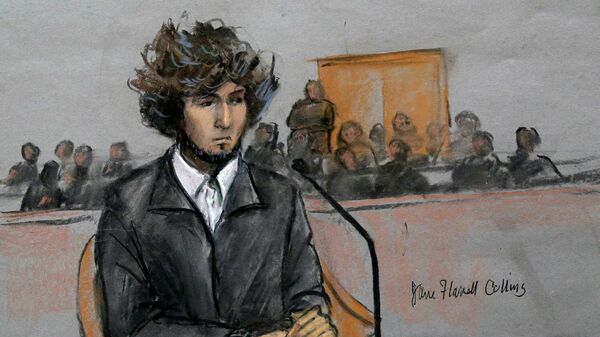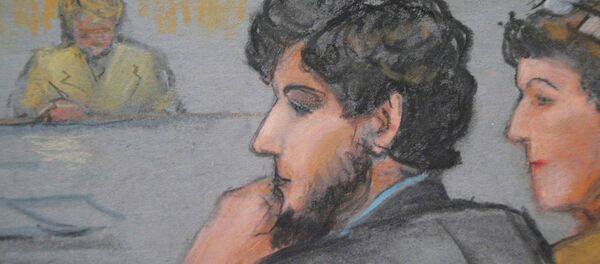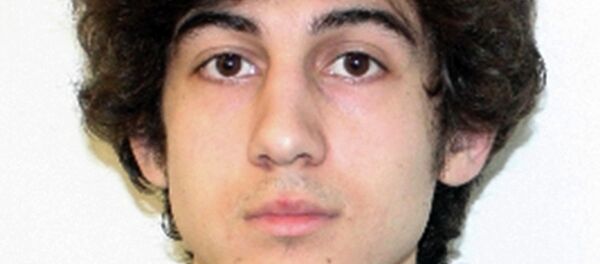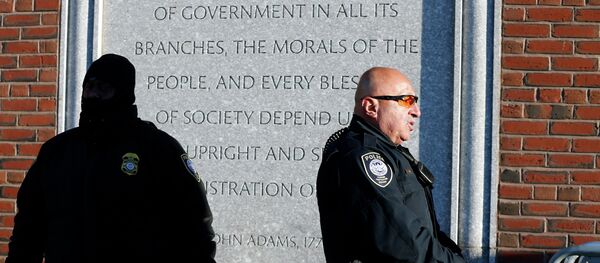A three-judge panel ruled against a defense motion asking to move the trial to an area less affected by the tragedy. Tsarnaev’s lawyers are concerned that the potential pool of jurors in Boston would be too subjective going into the trial because of the nature of the event and the media coverage.
The attorneys first started to try to move the trial after more than 1,300 possible jurors filled out a questionnaire in which 68 percent answered that they already believed Tsarnaev — who faces the death penalty — is guilty.
Sources say that the defense team does not plan on refuting that Tsarnaev was involved in the bombing but, rather, they intend to paint him as being under the heavy influence of his brother Tamerlan who they will likely argue masterminded the plot.
They also pointed to past denials of similar requests following attacks such as the World Trade Center bombing in 1993.
“Any high-profile case will receive significant media attention,” they wrote. “It is no surprise that people in general, and especially the well-informed, will be aware of it. Knowledge, however, does not equate to disqualifying prejudice. Distinguishing between the two is at the heart of the jury selection process.”
With that last hurdle out of the way, the trial court now has more than 64 suitable people to serve on the “death-qualified jury,” a jury of members who are willing to hand out the death penalty. US District Judge George A. O’Toole Jr. has said that the trial could go into June.
More than 250 potential jurors were interviewed during that pre-trial process that started on January 5. Prosecution and defense attorneys will have the opportunity to dismiss some of the 64 whom are left on Tuesday, thereby narrowing the pool down to the final 12, with six alternates.





